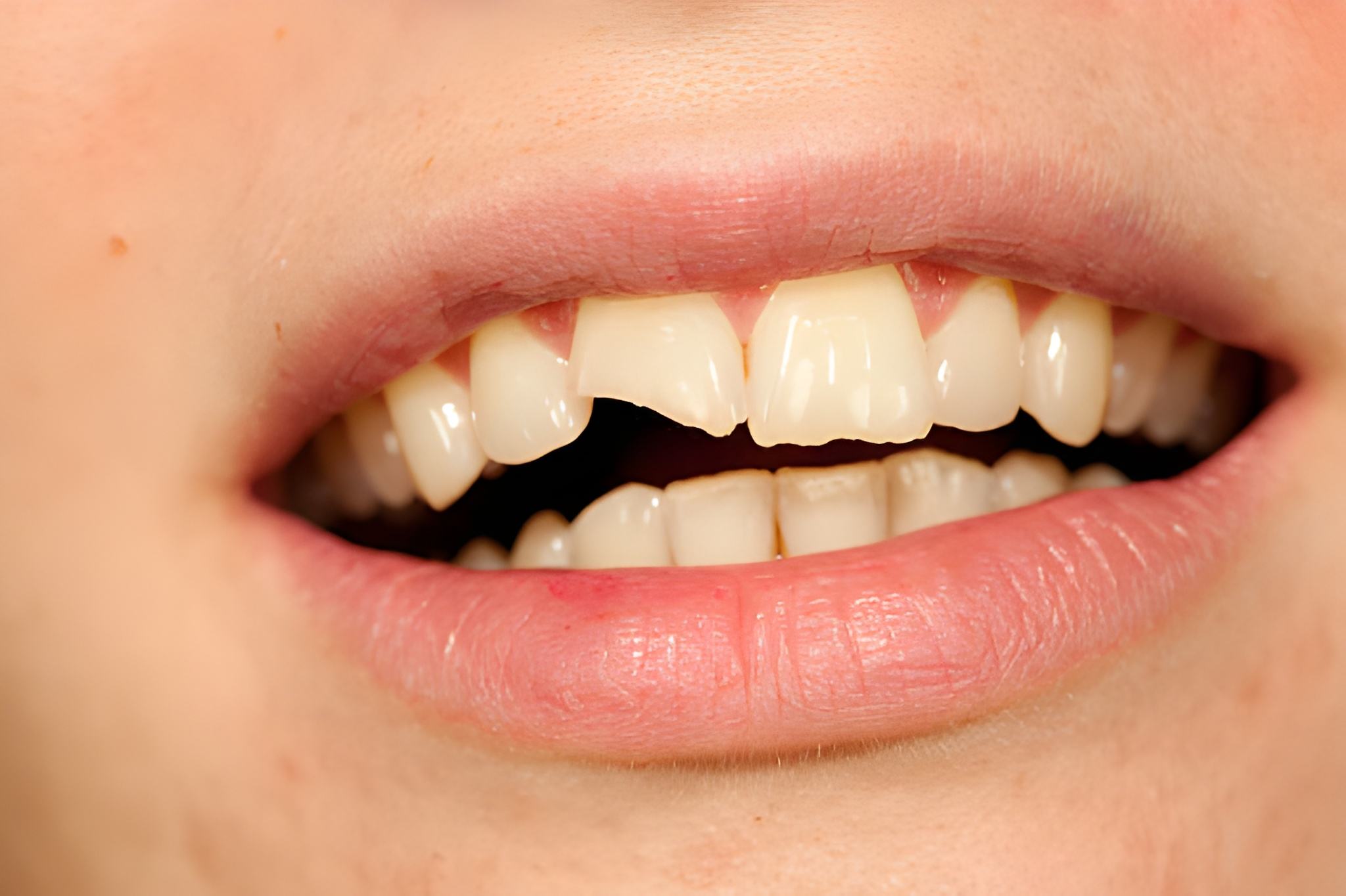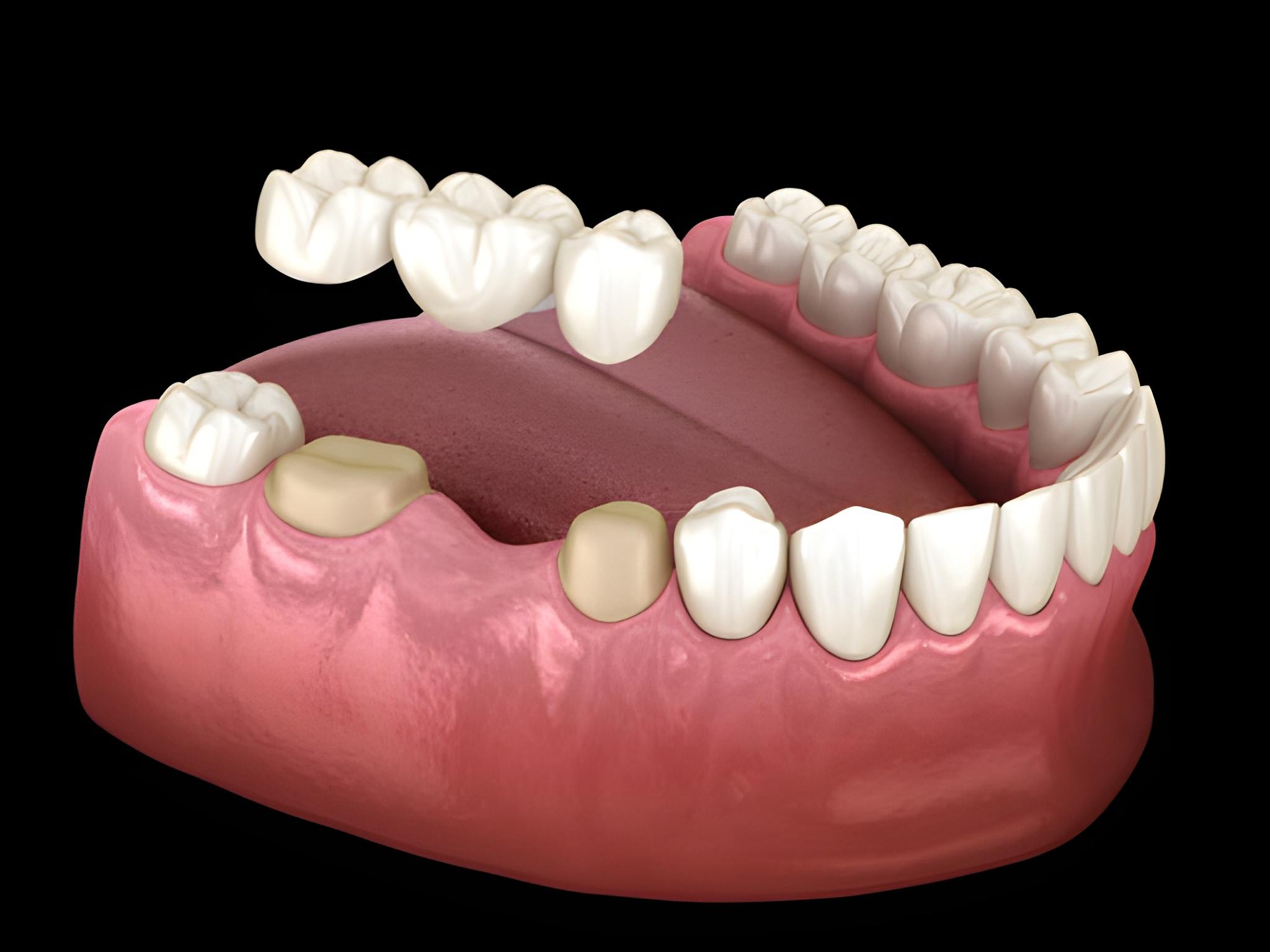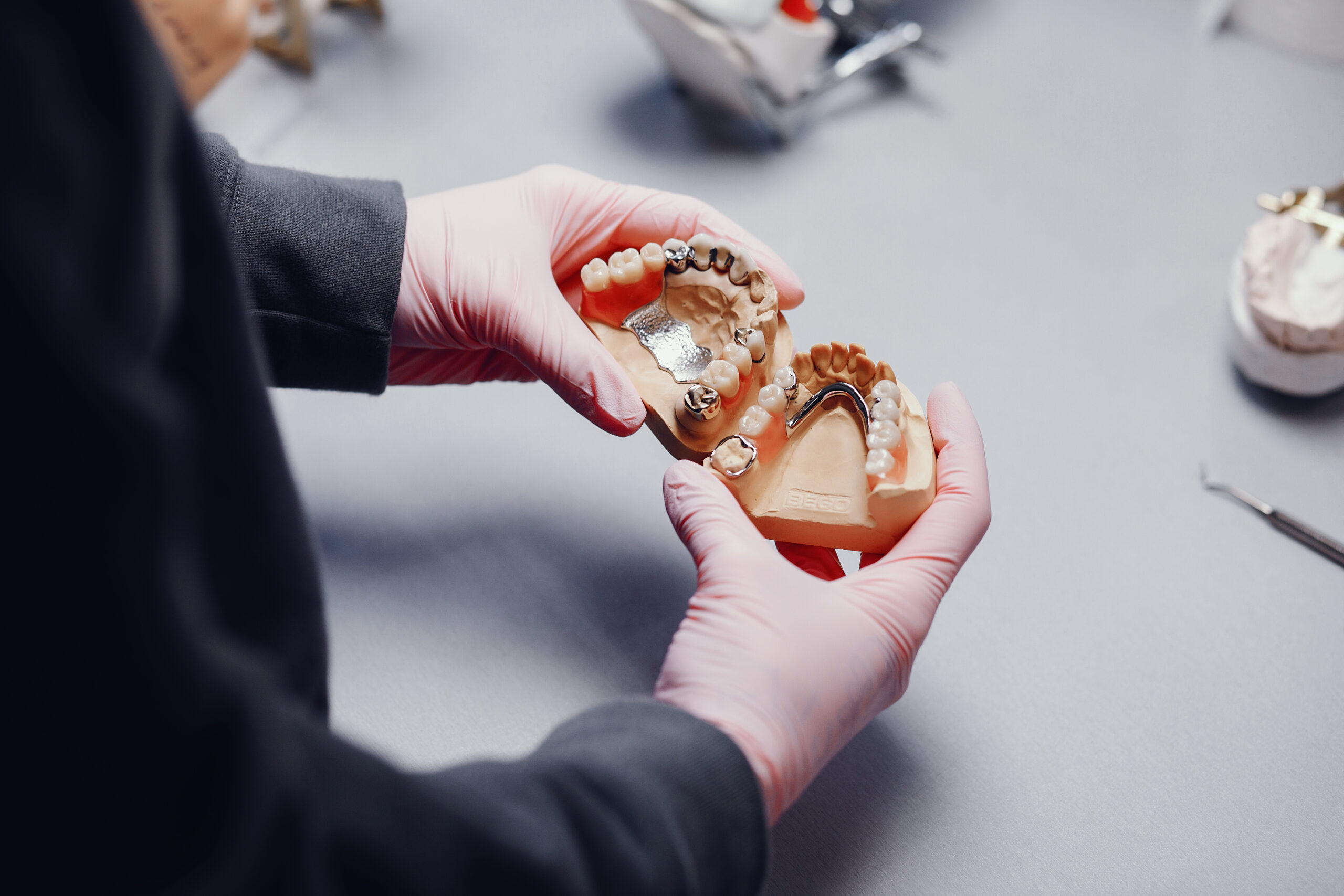Home Unlocking the Secrets of Dental Crowns: A Comprehensive Guide
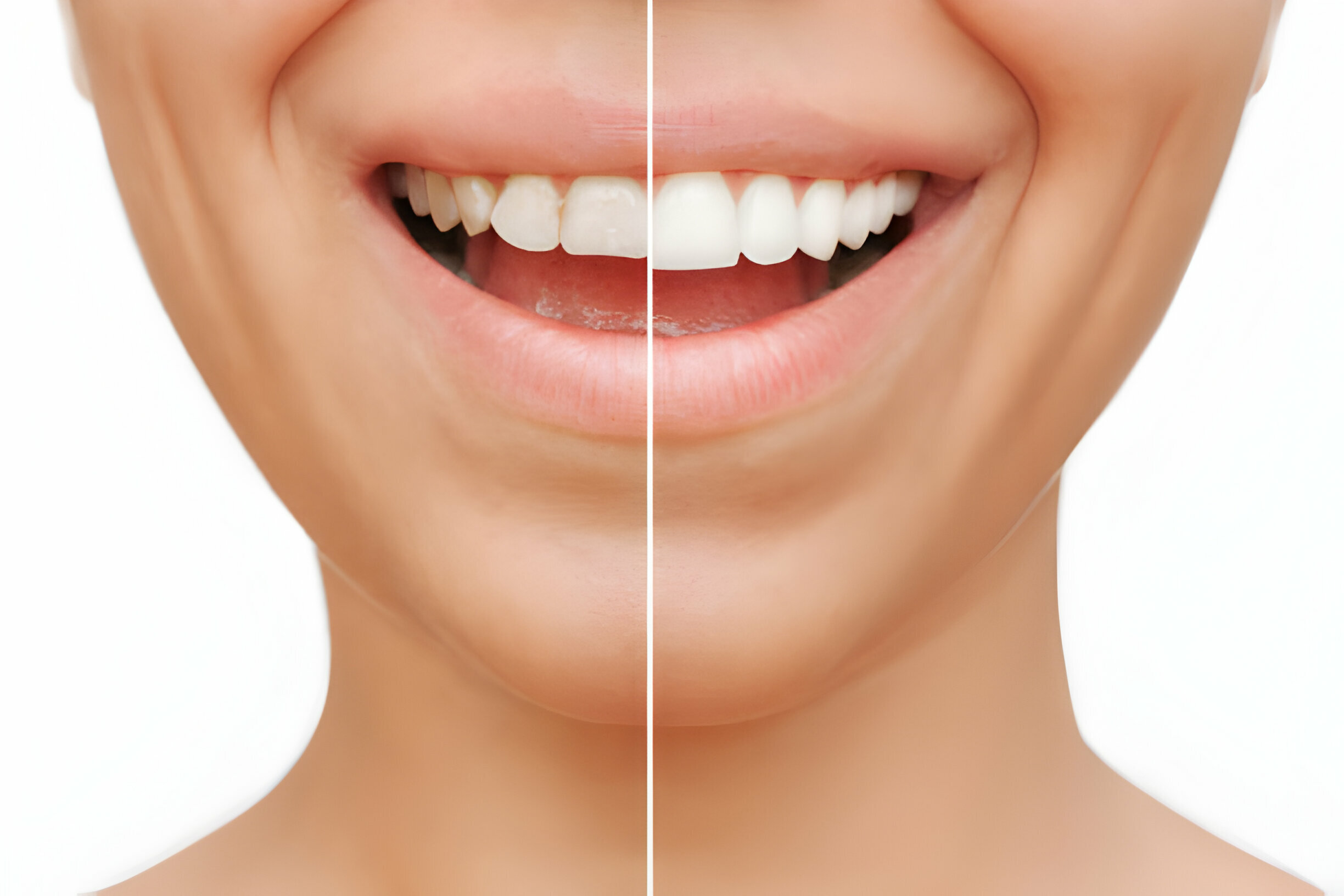
When it comes to preserving and restoring your oral health, nothing beats oral crowns!
Crowns in dentistry are artificial external attachments that help in improving their strength and appearance and provide protection to them. These appliances are among the longest-lasting options, serving your smile beyond 10-15 years (if cared for properly). They help approach various dental problems, including discoloration, cracks, and gaps.
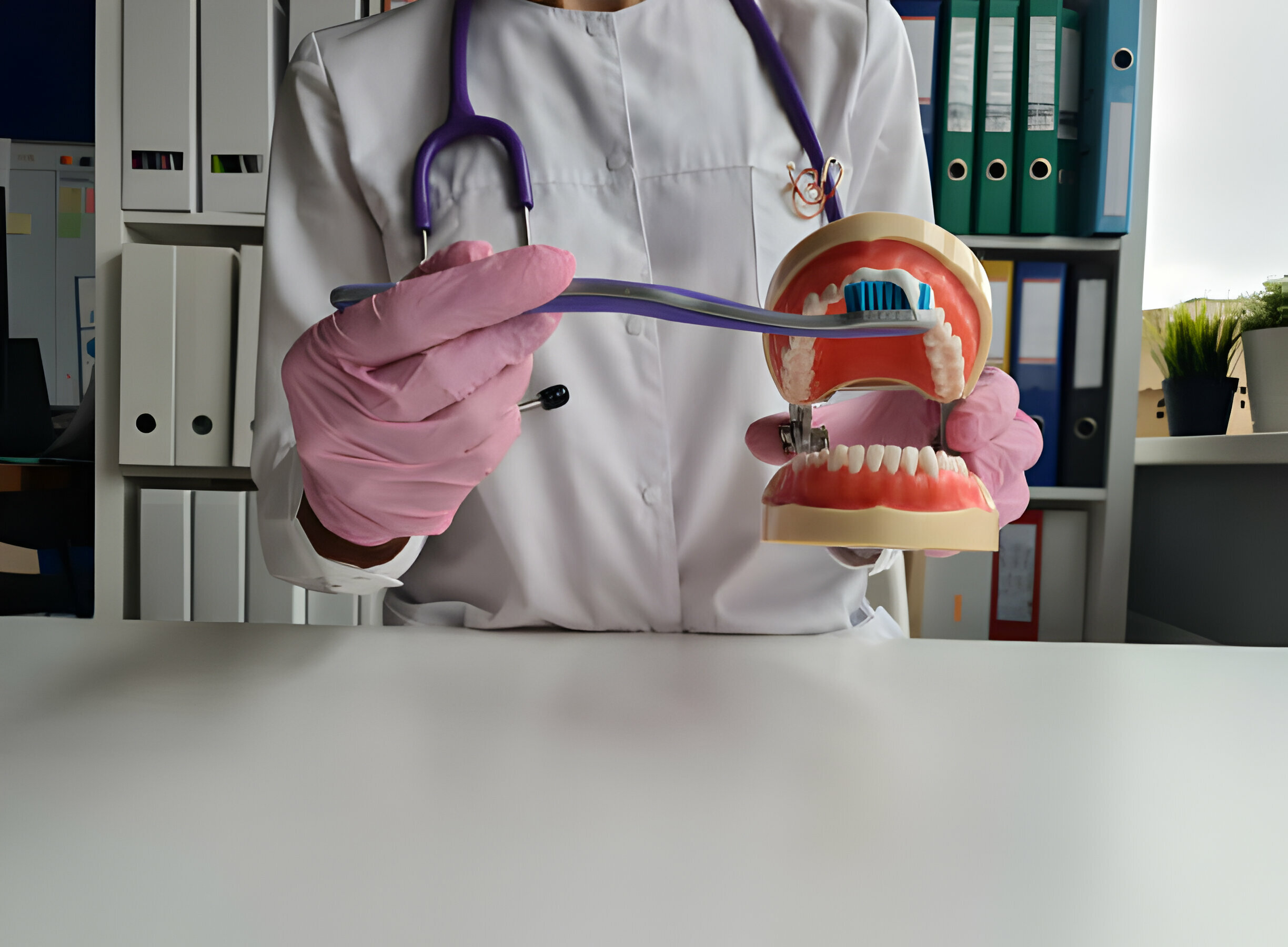
This blog focuses more on the role of crowns in improving your smile. In the following sections, we understand more about:
Continue reading as we learn more about the appliance in the following sections.
Dental crowns, also known as caps, are fixed prosthetic devices attached to the upper surface of the teeth or implants. They are custom-made crown dental treatments that cover the damaged tooth and restore its strength, shape, size, and look.
They are frequently indicated for teeth with extensive fillings, as well as those that have had root canals or implant treatments. Crowns are protective barriers, preventing further damage and maintaining general health. These appliances also provide different benefits for your oral health.
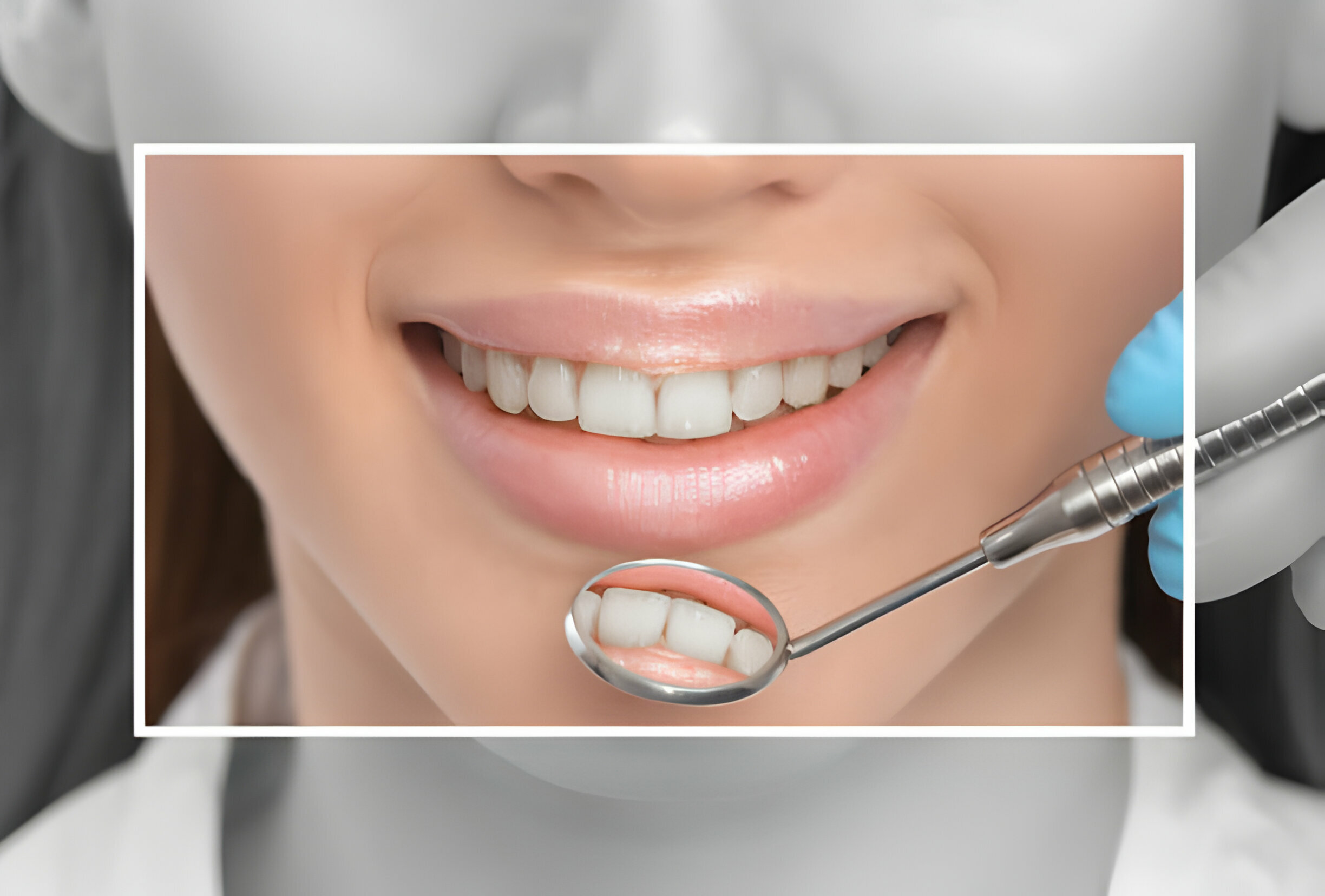
Dental crowns on teeth make your cavity look better by fixing issues like discoloration or odd shapes. They can make a crown from porcelain, metal, or ceramic to match your natural teeth, giving you a nice, natural-looking smile.
Caps protect a damaged tooth. Whether a tooth has cracked enamel or a large filling, a crown strengthens it and restores its original structure and biting ability. The crown surrounds the tooth, making it more robust and stable.
Oral caps act as a shield for teeth weakened due to a lot of decay or damage or for teeth with a root canal. They protect the tooth from more damage or infection. Crowns for dental are versatile and can be used to treat various oral issues.
After getting a root canal, your teeth can become fragile and prone to breaking. Caps help safeguard these delicate teeth, ensuring they last longer.
A new crown can be applied to reinforce a decaying tooth, enhancing its strength and function. If a cavity has extensive decay and is not strong enough to support the appliance, it may need removal. In such cases, alternatives like an implant involve placing an implant crown on top to fill the space.
Teeth that are cracked or fractured can be capped with a crown to hold the pieces together and prevent further damage. The crown provides stability and strength to the compromised tooth.
It is used for cosmetic purposes to improve the appearance of your misshaped, discolored, or irregular teeth. Crowning dental can give you a naturally pleasing and aesthetic look.
Teeth significantly worn down due to bruxism or age can be restored with caps to rebuild their size and shape.
Teeth with large fillings that compromise their structural integrity may be strengthened and protected with caps.
Dentists commonly use dental crowns as the visible component of implants in the mouth. They attach the crowns to the implant post, providing a functional and natural-looking replacement for a missing tooth.
Crowns are also part of a comprehensive treatment plan to address misaligned or overlapping teeth, providing functional and cosmetic benefits.
When selecting the type of cap and its material, you must consider various factors, such as:

Crowning dental is a multi-step journey typically requiring at least two appointments. Let’s look at each stage, from the initial consultation to the final placement.
Begin with an initial visit to your dentist for a thorough teeth examination.
Your dentist will carefully assess the need for a crown, utilizing X-rays to examine the designated tooth’s roots and surrounding bone structure.
If you’re a regular patient, the process may be streamlined as dentists in Grants, New Mexico already know your oral history.
The dentist prepares the tooth when an oral crown is necessary. They cut the outside section of the tooth to make room for the crown. The professionals may also use a composite filling core material for crown dentistry if it requires additional support.
After reshaping the tooth, the professional takes impressions of the prepared tooth, adjacent teeth, and gums. These impressions are crucial as they are sent to a dental laboratory for crafting the crown. The choice of materials for the crown includes metal, porcelain, resin, or zirconia.
While the dentist makes the permanent crown, they bond a temporary crown to the prepared tooth using temporary cement. This temporary crown preserves the enamel and keeps it structurally sound while it rests.
The temporary crown is removed at the subsequent appointment, and the final cap is cemented. Necessary adjustments ensure a proper fit with your natural tooth and a comfortable bite.
While dental crowns can be a solution to a lot of problems, you still need to follow specific tips:
